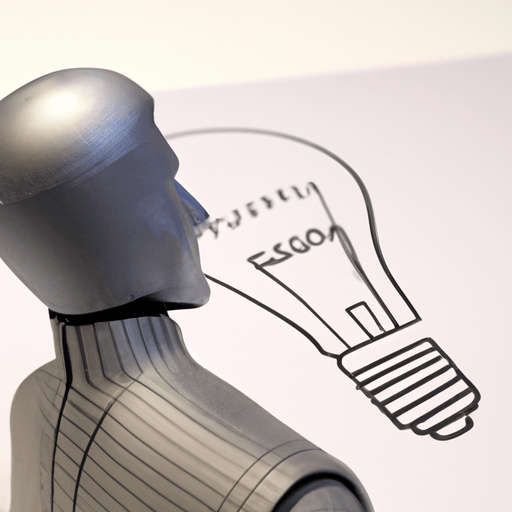Exploring How Artificial Intelligence (AI) Will Shape the Future of Work
In recent years, Artificial Intelligence (AI) has been rapidly advancing and its potential applications in various sectors and industries are endless. As its capabilities grow, it will increasingly be relied upon for labor in the future, with potentially profound implications for the workforce. While AI has the potential to be a powerful force for good, there are also ethical implications that come with its widespread use, and it is important to consider both the advantages and disadvantages of AI in the workplace.
AI has the potential to revolutionize the way work is done in many sectors. For example, AI can automate mundane tasks, freeing up human workers to focus on more complex, creative tasks. AI can also help to make businesses more efficient, giving them an edge in an increasingly competitive global market. Additionally, AI can make it possible for businesses to access a wider range of data and use it to make better decisions. In healthcare, AI can be used to diagnose and treat patients more quickly and accurately than ever before.
However, there is also the potential for job displacement with the increased use of AI. As AI becomes more advanced, it can replace certain types of jobs that were formerly done by humans. This could lead to a decrease in the labor force and an increase in unemployment, both of which can have negative economic and social consequences. There are also ethical implications to consider, such as the potential for AI to be used in ways that are unethical or that take advantage of vulnerable populations. It is important for businesses to consider these ethical implications when incorporating AI into their operations.
In addition to potential job displacement, AI could also create new roles and responsibilities for human workers. For example, AI could create opportunities for workers to specialize in roles that are best suited for humans, such as customer service, creative problem-solving, and data analysis. Additionally, AI could open up new lines of work related to AI development, training, and maintenance. Ultimately, AI could create a new kind of workforce that is more diverse, more skilled, and more productive than ever before.
The use of AI in the workplace has the potential to shape the future of work in profound ways. As AI continues to advance, it is important to consider the potential implications of its widespread use, both positive and negative. Businesses should strive to use AI responsibly and ethically, and to ensure that it is used in ways that benefit both the business and its employees.
















Comments
Leave a Comment